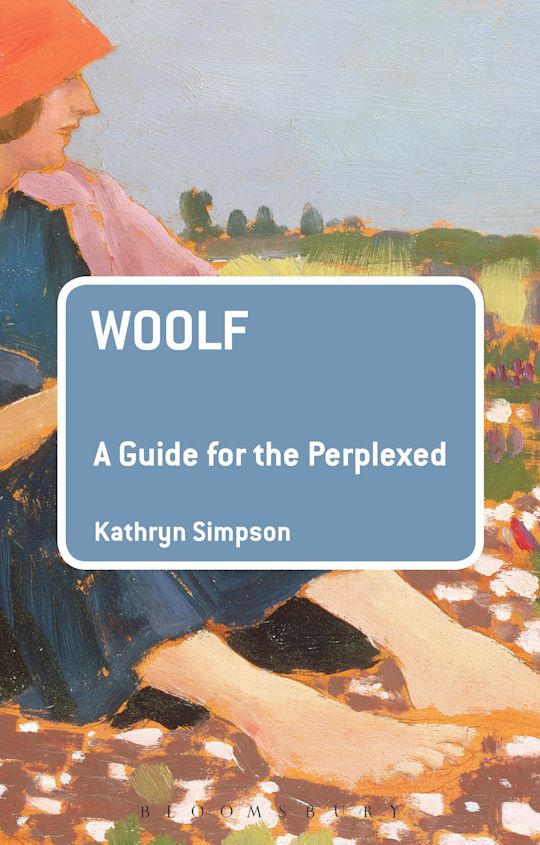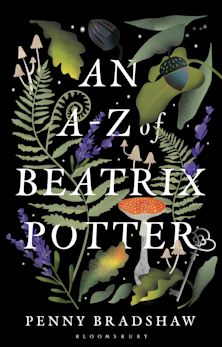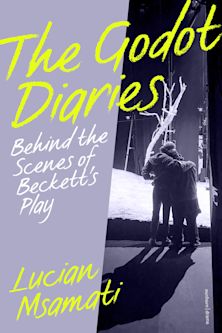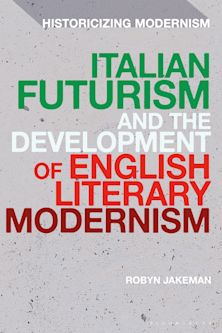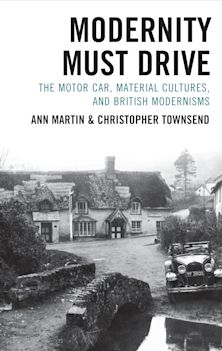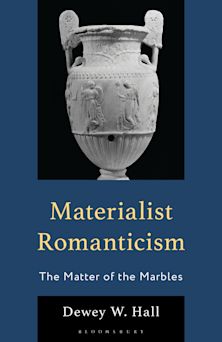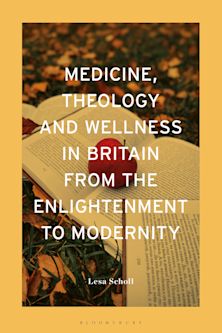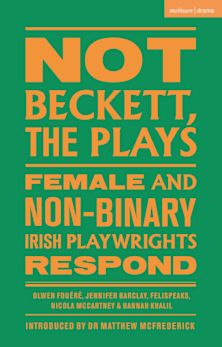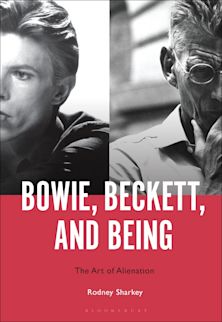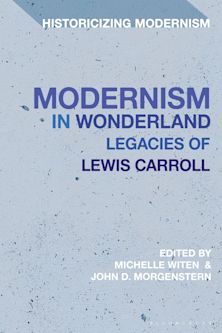- Home
- ACADEMIC
- Literary Studies
- British and Irish Literature
- Woolf: A Guide for the Perplexed
This product is usually dispatched within 1 week
- Delivery and returns info
-
Free US delivery on orders $35 or over
You must sign in to add this item to your wishlist. Please sign in or create an account
Description
Virginia Woolf is one of the best-known and most influential modernist writers; an iconic figure, her image and reference to her work and life appear in the most varied of cultural sites. Her writing is, however, in many ways kaleidoscopic and has given rise to a diverse and, sometimes, conflicting body of critical work. Whilst Woolf envisaged that her readers could be 'fellow-worker[s]' in the creative process, there is much to perplex any reader approaching her writing, especially for the first time.
Drawing on some of the main critical debates and on Woolf's non-fictional writings, this guide untangles some of the difficulties and perplexities that can prove a barrier to understanding of Woolf's writing. These include aspects of the process of writing (such as narrative techniques, formal structures, characterisation), as well as the thematic concerns so central to Woolf's writing, the cultural context in which it emerged and to recent criticism, including representations of gender and sexuality, class and race.
Table of Contents
1. Woolf's Modernism
2. Formal Innovation
3. Narrative Technique
4. Characterisation
5. Gender, Sexuality and Class
6. Empire and Jewishness
Further Reading
Index
Product details

| Published | Feb 25 2016 |
|---|---|
| Format | Hardback |
| Edition | 1st |
| Extent | 216 |
| ISBN | 9781441169020 |
| Imprint | Bloomsbury Academic |
| Dimensions | 9 x 5 inches |
| Series | Guides for the Perplexed |
| Publisher | Bloomsbury Publishing |
About the contributors
Reviews
-
[CC] Simpson (Cardiff Metropolitan Univ., UK) offers an insightful and approachable explanation Woolf's narrative techniques, poetic language, and characterizations … Simpson points out that unlike realist writers, Woolf emphasizes the inner life and consciousness of the characters. Simpson links themes such as empire and imperialism, anti-Semitism, and class structure to the works associated with them, once again offering clear explanations … [T]hose struggling with Woolf's complex, rich narrative structures will welcome this addition to the "Guides for the Perplexed" series. Summing Up: Recommended. Lower- and upper-division undergraduates; general readers.
CHOICE

ONLINE RESOURCES
Bloomsbury Collections
This book is available on Bloomsbury Collections where your library has access.









